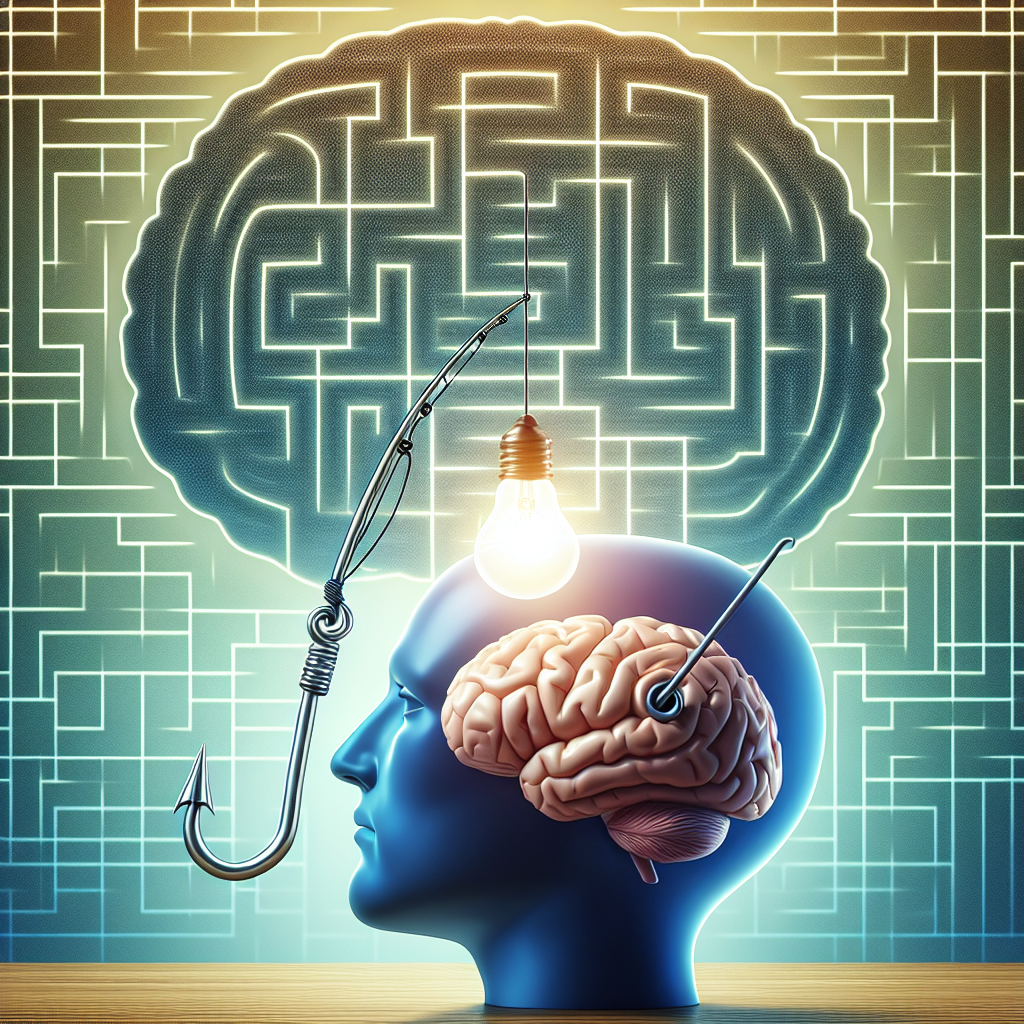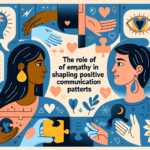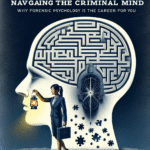
Why We Get Hooked: Exploring the Psychology of Addiction – The Ultimate Guide to Understanding the Mechanisms of Addiction
Introduction
Addiction is a complex and multifaceted issue that affects millions of people worldwide—yet its underlying psychology often remains shrouded in mystery. Why do some individuals find themselves unable to resist the allure of drugs, alcohol, gambling, or even certain behaviors like compulsive shopping or social media use? In our quest to uncover answers, we must delve into the psychology of addiction.
In this article, "Why We Get Hooked: Exploring the Psychology of Addiction," we will dissect the intricate layers that contribute to addictive behaviors. We will explore not only the biochemical processes involved but also delve into societal, psychological, and emotional factors. By understanding why we get hooked, we can better equip ourselves and others to recognize and combat addictive patterns.
Understanding Addiction: A Definition
At its core, addiction can be defined as a chronic, relapsing disorder characterized by compulsive drug seeking, continued use despite harmful consequences, and long-lasting changes in the brain. This definition encompasses various forms of addiction, from substance abuse to behavioral disorders.
Case Study: The Role of Dopamine
Recent studies have shown that dopamine, a neurotransmitter associated with pleasure and reward, plays a critical role in the addictive process. For example, when someone uses drugs like cocaine, their brain releases an abundance of dopamine, creating intense feelings of euphoria. This powerful sensation can lead to repeated use, reinforcing the cycle of addiction.
Analysis: This case study illustrates how biochemical reactions in the brain serve as the root of addictive behaviors, providing evidence for why individuals may repeatedly engage in harmful activities.
The Psychological Underpinnings of Addiction
1. The Reward System
The brain’s reward system is central to understanding addiction. This system motivates behaviors that are necessary for survival—eating, drinking, and reproducing—by providing pleasurable feelings. Unfortunately, addictive substances hijack this natural system, making it difficult for individuals to experience pleasure from everyday activities.
2. Emotional and Psychological Triggers
Many people who struggle with addiction contend with underlying emotional issues, such as anxiety, depression, or trauma. These feelings can serve as triggers for substance use, as individuals often turn to drugs or certain behaviors for temporary relief.
3. Social Influence and Environment
Our social environments play a major role in shaping our behaviors. Peer pressure, familial expectations, or social acceptance can drive an individual toward addictive behaviors. Understanding why we get hooked often involves considering these external factors as well.
Case Study: The Social Environment
Consider the case of a college student named Sarah, who initially tries alcohol at a party simply to fit in. Over time, her social circles continue to encourage drinking, leading her to develop a dependency on alcohol that affects her academic performance and relationships.
Analysis: Sarah’s experience underscores the importance of understanding the environmental influences on addiction, reinforcing the idea that social contexts can perpetuate substance use.
The Neuroscience of Addiction
The Brain’s Anatomy
To truly grasp why we get hooked, we must understand the anatomy of the brain involved in addiction. The following table illustrates key brain structures related to addiction:
| Brain Structure | Role in Addiction |
|---|---|
| Nucleus Accumbens | Reward processing, pleasure |
| Amygdala | Emotion regulation, stress response |
| Prefrontal Cortex | Decision-making, impulse control |
Understanding these structures further elucidates how addiction can disrupt normal brain functioning, leading to impulse control problems and compulsive behaviors.
Neuroplasticity and Impacts
Neuroplasticity—the brain’s ability to reorganize itself—also plays a significant role in addiction. As individuals engage in addictive behaviors, their brains physically change, making it harder to break free from those patterns.
Case Study: The Impact of Long-term Use
An example is found in long-term opioid users, whose brains adapt to the constant presence of the drug, leading to tolerance. This means users require more of the substance to achieve the same effects, further embedding the cycle of addiction.
Analysis: This case study highlights the dreadful long-term consequences of addiction, demonstrating how the brain can adapt in harmful ways, perpetuating the struggle for recovery.
The Cycle of Addiction
Understanding the cycle of addiction is crucial for prevention and recovery strategies. The stages often include:
- Initial Use or Experimentation
- Regular Use
- Risky Use
- Dependence
- Addiction
This cycle can become a slippery slope, where each stage reinforces the last, leading to increasingly severe consequences for the individual.
Case Study: The Cycle of Gambling Addiction
John, a habitual gambler, might start with a few bets during a game. His initial wins lead to regular gambling sessions, which soon escalate to high-risk bets. Eventually, he finds himself unable to stop, despite financial ruin and relationship issues.
Analysis: John’s experience encapsulates the cycle of addiction in a real-world context, showcasing how initially harmless behaviors can spiral into destructive patterns.
Intervention and Recovery Strategies
The question remains: how can we disrupt the cycle of addiction? Various intervention strategies exist to assist individuals on their path to recovery:
1. Therapy and Counseling
Cognitive Behavioral Therapy (CBT) has shown great promise in treating addiction by addressing negative thought patterns.
2. Support Groups
Programs like Alcoholics Anonymous (AA) or Narcotics Anonymous (NA) provide group support to encourage individuals in recovery.
3. Medications
Certain medications can help manage withdrawal symptoms and reduce cravings, allowing individuals to regain control over their lives.
Prevention Programs
Programs in schools or communities aimed at educating individuals about the risks of substance use can help prevent the initial stages of addiction.
Case Study: Effective Recovery Programs
An example can be drawn from a renowned rehabilitation center that adopts a holistic approach to recovery. Through a combination of therapy, yoga, mindfulness, and community, individuals report significantly higher success rates in overcoming their addictions.
Analysis: This case study reveals the importance of multi-faceted approaches to recovery, which can address the psychological, social, and physical aspects of addiction.
Key Takeaways and Actionable Insights
Understanding why we get hooked: exploring the psychology of addiction offers profound insights into how addiction occurs and perpetuates. Key points include:
- Recognize Triggers: Whether emotional, environmental, or social, recognizing what drives you toward addictive behaviors is a significant first step.
- Seek Support: Engaging in therapy or support groups can provide invaluable assistance in overcoming addiction.
- Educate Yourself: Knowledge about addiction can empower individuals to make healthier choices.
Conclusion
"Why We Get Hooked: Exploring the Psychology of Addiction" is not just a theoretical exercise; it has real-world implications for millions. By understanding the intricate factors contributing to addiction, we can better support those affected and foster an environment conducive to recovery. The journey to understanding addiction is complex, yet it offers hope and the possibility of transformative change.
FAQs
1. What are the common types of addiction?
Common types include substance use disorders (like alcohol or drugs) and behavioral addictions (like gambling or internet addiction).
2. How does environment impact addiction?
Social influences, peer pressure, and familial relationships can significantly contribute to the likelihood of developing addiction.
3. Can addiction be cured?
While addiction may not be "cured," it can be effectively managed through various treatment strategies and support systems.
4. Is addiction genetic?
Research suggests that genetics can play a role in addiction risk, but environmental factors and individual experiences are just as critical.
5. What role does mental health play in addiction?
Mental health issues can increase the risk of addiction, as individuals may use substances or behaviors to cope with underlying emotional pain.
By addressing these questions and exploring the rich tapestry of addiction’s psychology, we can embark on a journey of understanding, healing, and ultimately, recovery.

















